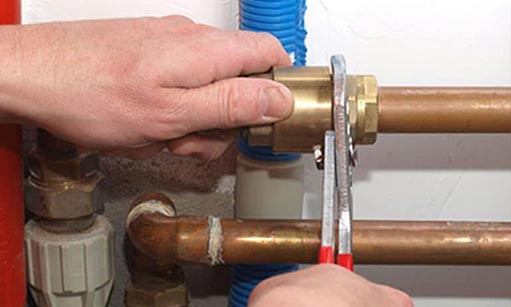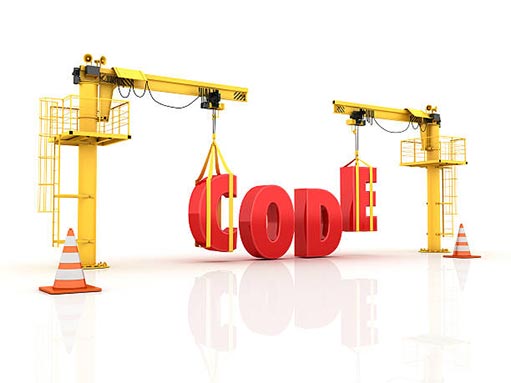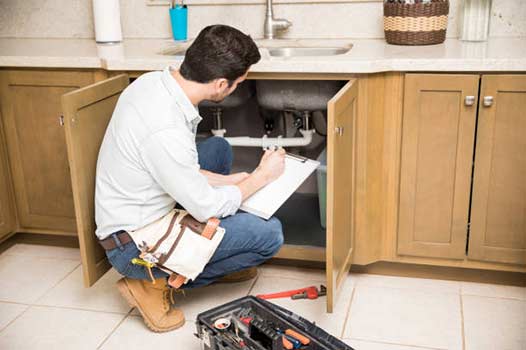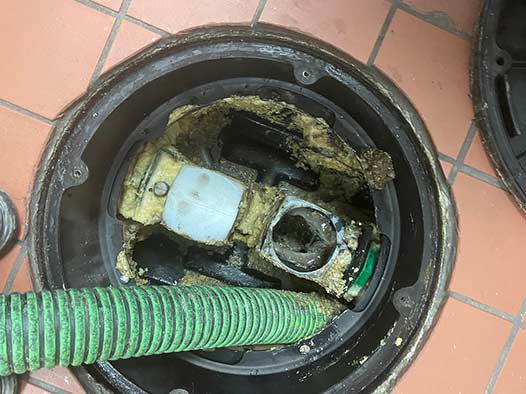Plumbing code violations are a common problem in Chicago homes. But homeowners typically don’t violate these codes intentionally. According to Superior West Property Management, most plumbing code violations happen because a home’s plumbing is outdated or because of installation and repair errors.
Whether it happened unintentionally or not, plumbing code violations are a serious issue. Building codes exist for two main reasons: to safeguard health and provide safety for the home’s occupants and the general population. That is why city officials take plumbing code violations seriously.
However, given that most homeowners generally know very little about buildings and plumbing systems in particular, how can they avoid or detect plumbing code violations in their homes? This post will discuss the most common plumbing code violations in Chicago homes.
The top plumbing code violations found in Chicago homes
These are the plumbing code violations professional plumbers frequently encounter in Chicago homes.
The wrong pipe slope
This mistake is common with homeowners who DIY their home’s plumbing installations or repairs. Plumbing codes are very specific on how to slope drainpipes. A 1/8-inch pitch per foot of pipe is the requirement. Large-diameter pipes must have a 3-inch pitch. That allows the pipe’s contents to flow freely under the force of gravity. Not following this guideline will make the plumbing prone to slow drains and backups.
Using the wrong pipe size
Using the wrong pipe size in any section of the plumbing will introduce imbalances that can increase the likelihood of water pressure issues in your home’s plumbing. It can also make the plumbing prone to leaks and impair the system’s overall performance.
Making pipes inaccessible
A common code violation is to put walls or floors around or on top of valves, pipe fittings and fixture management. That prevents easy access to these plumbing features. Another common violation is failing to install access panels close to tubs and showers. These blunders make it hard to solve plumbing issues quickly and affordably.
Not enough space around toilets
Toilets are required to have a minimum distance of 15 inches between them and any finished wall. This distance is measured from the toilet’s centerline. Violations of this code often happen when a toilet is installed before the drywall is finished.
No or not enough shut-off valves
The entire freshwater supply system should have a main water shut-off valve. In addition to this main shut-off, there should be dedicated shut-offs for bathrooms, kitchens, and outdoor water fixtures. Faucets, toilets and washing machines are also required by code to have their separate shut-off valves.
Wrong placement of cleanouts
Cleanouts provide easy access to the plumbing system for maintenance. They should not be obstructed by any features in the home, external or internal. Cleanouts should not be in places with a risk of contact between sewage and electric circuits or in parts of the home where sanitation is a major concern.
Insufficient number of cleanouts
Having less than the required number of cleanouts makes plumbing maintenance tedious, inefficient and costly. The proper number of cleanouts depends on the size of the plumbing system. At the very least, there should be one indoor and one outdoor cleanout. There should be one cleanout for every 100 feet of plumbing and every change of pipe direction above 45 degrees.

To impart efficiency and resilience to the system, plumbing codes dictate the proper fittings to use in specific situations.
Using the wrong fittings
Plumbing pipes rarely run straight; they bend regularly. These bends are necessary for proper drainage and flow. Bends are also the area where the plumbing is most vulnerable. Using the wrong fittings in these vulnerable places will make the plumbing fragile and prone to leaks. To impart efficiency and resilience to the system, plumbing codes dictate the proper fittings to use in specific situations.
Using glue instead of priming the pipes
Professional plumbers fuse the pipes via a chemical process to join two pipes with minimal risk for future leaks. This process involves using a purple primer to soften the pipes and bond them chemically. If pipes are glued rather than bonded chemically, the glue will not hold, and the pipes will eventually leak.
What should you do if these plumbing code violations exist in your Chicago home?
The right step is to have an experienced and licensed Chicago plumber inspect your plumbing to evaluate the violations, plan the necessary repairs or modifications, obtain the required permits, implement the changes, and inspect the finished work to ensure compliance with the codes.
It is essential to take control of the process of correcting all existing plumbing code violations in your home instead of waiting until city officials discover them. Remember that plumbing codes exist for your good, and the penalty for ignoring them can be very costly.
Have a plumbing code violation you need corrected in the Chicago area? Contact us below!


